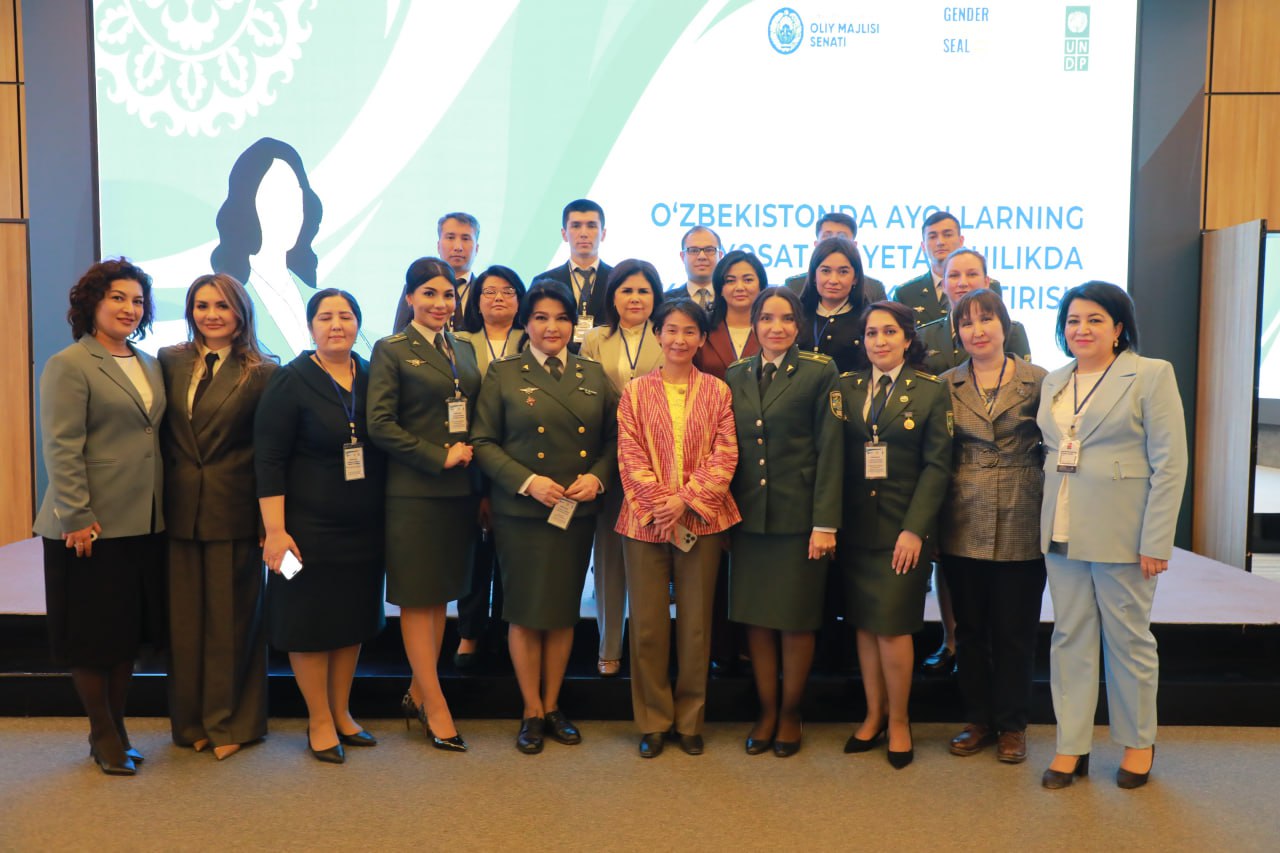On August 13, 2024, the UNDP Regional Office for Latin America and the Caribbean organized a significant regional webinar, focusing on promoting shared responsibility in domestic and care workwithin public administrations across Latin America and the Caribbean. The event brought together four institutions from different countries to exchange their experiences on care policies and work-life balance. The discussion aimed to explore ways to foster gender equality by addressing domestic and care responsibilities that often disproportionately fall on women.
The session was opened by Guillermina Martin, Head of the Gender Team at the UNDP Regional Office. She emphasized the vital role of integrating a gender perspective into public care policies to achieve true equality. The panel included representatives from Costa Rica’s National Institute of Women (INAMU), Panama’s National Secretariat for Science, Technology, and Innovation (SENACYT), Chile’s Social Security Institute (IPS) under the Ministry of Labor, and Colombia’s Superintendency of Industry and Commerce (SIC). Each institution shared its own experiences and challenges in developing and implementing care policies, offering a rich diversity of perspectives and good practices.
A key insight from the discussion was the persistent gender inequalities in paid and unpaid care. Surveys conducted among public officials and staff revealed that care responsibilities in households—whether for children, older adults, or people with disabilities—overwhelmingly fall on women. This highlighted the urgent need to address these imbalances and promote a more equitable distribution of care responsibilities among public officers.

Evaluating and improving work-life balance policies was another crucial point of the exchange. The participants emphasized the need for continuous assessment of the effectiveness of these policies, ensuring that they meet the real needs of staff members. Institutions were encouraged to monitor the impact of their policies and make necessary adjustments to create more fair and equitable conditions for all employees.
An important part of the discussion also centered around the concept of masculinities and the need for greater male involvement in caregiving. Challenging traditional gender roles and encouraging men to take on more responsibility in care tasks is essential for achieving true shared responsibility in both the home and workplace. Participants agreed that promoting this shift requires recognition, awareness-raising, and deliberate cultural change.
The role of the state in promoting shared responsibility in caregiving was a key focus. The discussion highlighted three primary roles that the state plays: as a regulator, a provider of care services, and a promoter of cultural change. While it is crucial to create robust care policies, participants also pointed out the significant challenges involved in their implementation. Public debate and advocacy are needed to ensure that caregiving is recognized as a universal right, and that access to care is guaranteed for all citizens.
The webinar successfully fostered a cross-country exchange of ideas, demonstrating the importance of collaboration and learning from different contexts in the ongoing effort to promote shared responsibility in care and work-life balance within public administrations.











